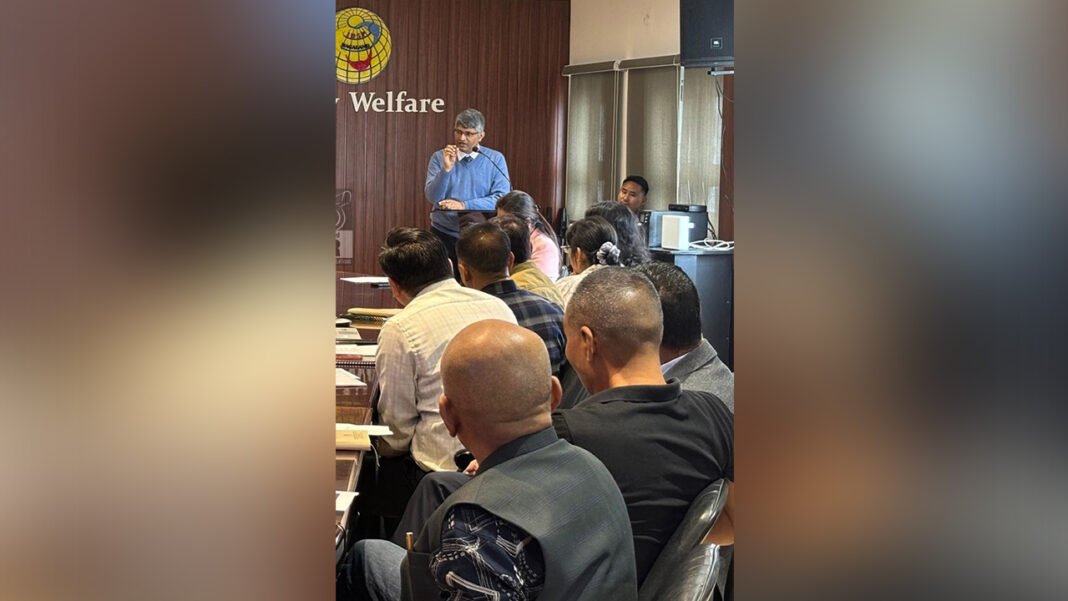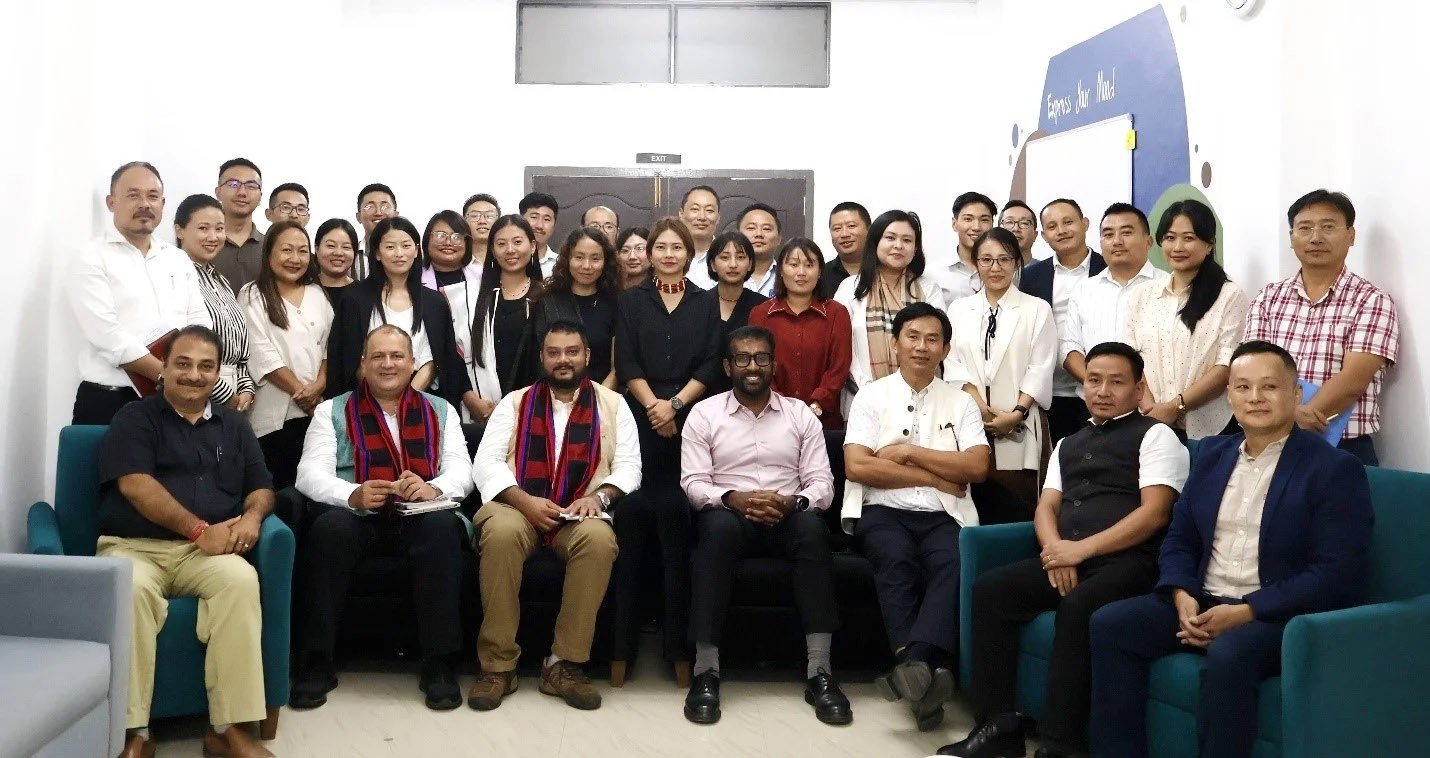HT Correspondent
DIMAPUR, April 4: Nagaland’s health and family welfare department venture has initiated new steps to revolutionise digital health ecosystem in the state.
In this direction, the department organised a two-day meeting with regional adviser for digital health at WHO, South-East Asia Region Office (SEARO), Dr Karthik Adapa at its directorate from April 2 to explore innovative digital health solutions and their potential to revolutionise the healthcare sector in the state.
On April 2, an in-depth discussion took place between Adapa and officials from the directorate of health and family welfare, primarily focusing on the implementation and scalability of free open-source digital health solutions, including electronic health records, telemedicine platforms, and health data management systems.
These solutions were explored for their potential to improve healthcare delivery, patient outcomes, and resource management across the state’s health infrastructure.
Special attention was given to the accessibility and cost-effectiveness of open-source platforms, particularly for a region with diverse healthcare needs and limited resources.
Dr Adapa emphasised the importance of standards and interoperability to ensure seamless integration of digital health solutions across various systems and address the fragmentation of digital health that could hinder effective data sharing and coordination.
The discussion also addressed the challenges and opportunities in integrating these solutions into existing healthcare systems, focusing on data security, regulatory compliance, and long-term sustainability.
This session provided a valuable platform for stakeholders to exchange ideas, share best practices, and explore collaborative efforts to strengthen Nagaland’s healthcare ecosystem through the adoption of digital health technologies.
On the second day on April 3, the participants visited two key health facilities – the Nagaland Health Authority Kohima and Seikhazou Urban Primary Health Centre. These site visits provided valuable insights into the existing healthcare infrastructure and digital health initiatives.
The visits allowed the participants to observe firsthand the current capabilities and limitations of these facilities.
The team also visited the Nagaland Institute of Medical Sciences and Research, where they further explored the application of digital health solutions and the prospects of incorporating advanced technologies to improve medical research and healthcare delivery in the region.
On April 4, the officials visited two key healthcare facilities in Dimapur. They visited the District Hospital Dimapur to assess its infrastructure, medical equipment and patient care services, and Christian Institute of Health Sciences & Research, focusing on the institute’s research, medical training programmes, and healthcare technologies.












